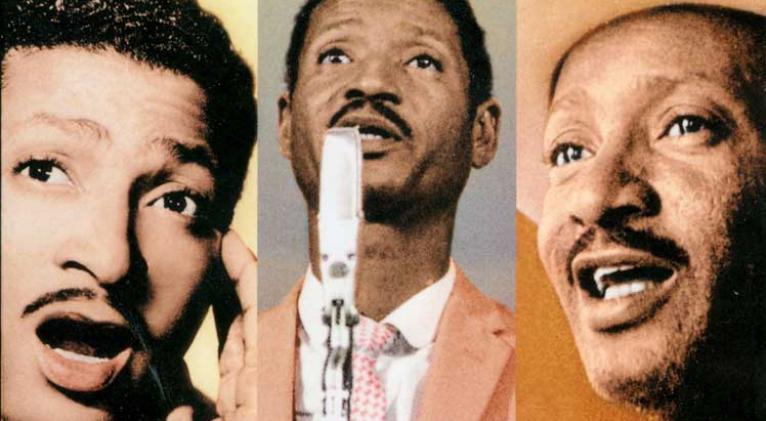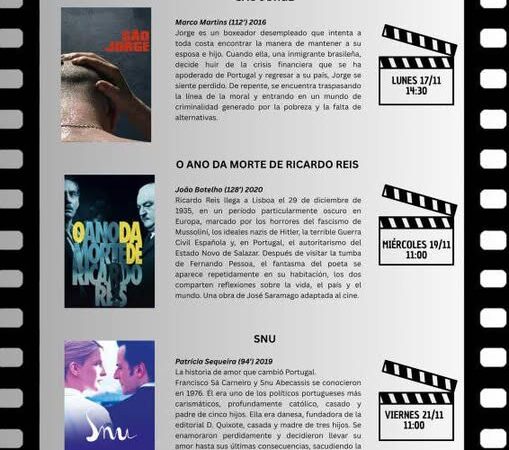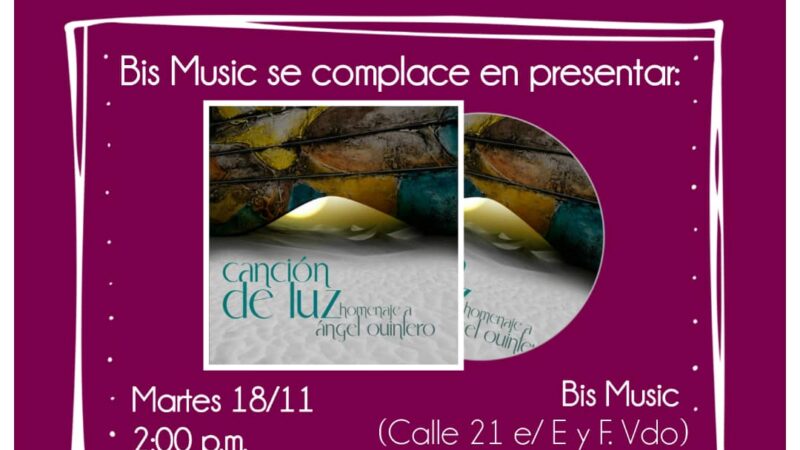Benny Moré and the People’s Embodiment of Talent

Benny Moré, also known as Bartolomé Maximiliano Moré, was a genius whose remarkable talent set him apart, free from the exaggerated embellishments often associated with greatness. His gift for composing and orchestrating came without formal musical training, thanks to his innate ability to grasp popular melodies. At a time when larger, more elaborate bands were emerging in Cuba, Benny and his «giant band» became the quintessential reference for the genre.
“Benny Moré didn’t orchestrate in the traditional sense; he simply arranged the music as he heard it in his head. He would sing or hum what each instrument needed to play. Benny knew exactly what he wanted and made it happen. He was a raw genius, his mind filled with music—exceptionally gifted,” says researcher Rafael Lam.
His success, both in Cuba and Mexico, was due not only to his extraordinary skills as an orchestrator but also to his charisma and camaraderie with his orchestra members. He often ensured that each musician was properly compensated, even if it meant sacrificing his own earnings.
Benny chose to remain in Cuba after January 1, 1959. His career, shaped by the circumstances of his life, never reached greater heights beyond his homeland. A demi-god of ebony, he was profoundly human in his essence, and his fate was intertwined with his struggles, including a destructive relationship with alcohol that ultimately marked the end of his life. Amid the noise and opportunism of those who sought to exploit his legacy, Benny Moré remains one of Cuba’s greatest popular artists.
“The study and appreciation of Benny Moré’s musical artistry reveal a singer of extraordinary talent, a performer with remarkable and bold stage movements, a gifted dancer, and a unique orchestra director. These qualities, undoubtedly inherited from a rich popular tradition, have been recognized by scholars as the hallmark of a transformative figure—one who shaped not only the sound of his time but also the essence of popular music as it was known then,” explains musicologist Jorge Reyes Fortún.
He further emphasizes how Moré’s artistry included a distinctive interpretative style, an extensive vocal range, perfect pitch, and exceptional improvisational abilities in son montuno and various traditional Cuban folk melodies.
Rafael Lam elaborates on Benny’s contributions: “Essentially, he synthesized nearly a century of Cuban music, distilling the essence of the island’s popular sound. That was Benny Moré’s great achievement: representing Cuba, embodying its rural music—the guateque, the punto guajiro, the descarga—while embracing the spirit of the bohemian troubadour and bringing to life the vibrant street sounds of collective ecstasy and frenzy. Through his performances and recordings, he projected the image of Cuba as the richest musical nation in the Americas.
“Benny Moré not only created but also elevated Cuban music, transforming it into a visual spectacle. He introduced a new way of performing that captivated, fascinated, and mesmerized audiences. The freedom he displayed on stage was unparalleled, and many have tried to replicate it. All of this was wrapped in his natural charm, unshakable charisma, and undeniable genius.”
Any tribute to his legacy will always be influenced by context, by those who knew him, and by the performances—accurate or not—that we can derive from his compositions. However, recordings alone cannot fully capture Benny Moré’s essence. His theatricality, stage presence, and the depth of emotion he conveyed in every performance, combined with his personal warmth and relationships with his contemporaries, elevate him beyond the simple label of a musician. With all his flaws and complexities, he remains one of the most extraordinary figures in Cuban music.
Translated by Luis E. Amador Dominguez
Photo: Portal Cuba



